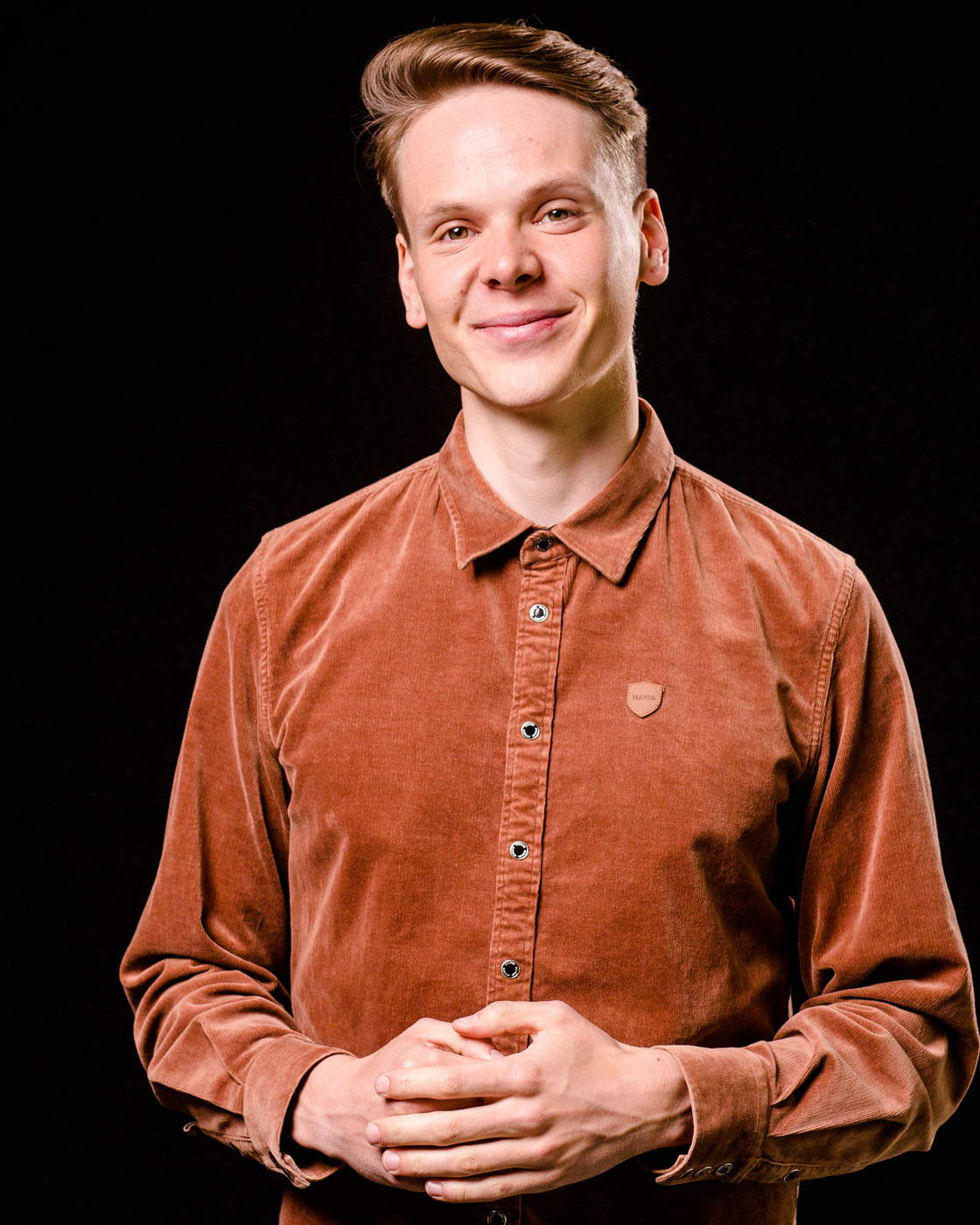Ultima – A circular economy restaurant
Completed project January 2018-February 2019
The operation of Restaurant Ultima, opened in Helsinki, is based on sustainable development, circular economy principles and the latest food production technologies.
The Ultima project aimed to challenge traditional ways of operating in a restaurant milieu. The aim was also to test the growing of new raw materials and to examine how waste can be reduced and nutrients recycled in an urban environment. The most important task of the restaurant is to convince people that technical innovations can enable sustainable and ethical urban cultivation alongside conventional food production.
What was achieved?
Restaurant Ultima was opened in May 2018.
A vertical greenhouse, in use year-round, was designed and built into the restaurant’s premises. The greenhouse has a hydroponic irrigation system that allows plants to take nutrients directly from the water instead of soil. In addition, the restaurant had aeroponic potato tubes mounted for growing potatoes without soil and pendant luminaires fixed in the ceiling for breeding domestic crickets.
Thanks to the hydroponic cultivation wall, the loss of herbs in restaurant use fell by an estimated 80%. Some of the pots for growing herbs could be reused, and the peat used as growing medium could be returned to circulation with biowaste. The potato tubes attracted a lot of interest among customers and visitors. In technical terms, aeroponic cultivation is simple and energy-efficient, but the potato crops remained small – the practical implementation still requires development. The crickets were doing well in their luminaires, even though using them as a food ingredient still requires approval, testing and development. Another idea that failed was feeding plant residues to crickets.
The Ultima project has, for its part, influenced public opinion about new technology and increased the understanding of food production among the staff and customers.
Who participated?
Sitra funded the project, and the project manager on Sitra’s side was Merja Rehn. The restaurant is owned by Finnish-Devil oy, whose chefs Henri Alén and Tommi Tuominen are responsible for the kitchen and the whole concept. The hydroponic system was produced by Green Automation Oy, and Atelje Sotamaa was responsible for all design work. The other co-operative partners were Entocube, Helsieni, TouchPoint, Robbes Lilla Trädgård and the Finnish Seed Potato Centre in Tyrnävä.
What next?
Restaurant Ultima attracted a great deal of interest, especially among foreign visitors. This will open export opportunities for Finnish companies providing food technologies.
Restaurant Ultima continues its operations. The food production technologies tested at the restaurant can be duplicated in any restaurant from Lapland to hot, dry countries. The indoor food production experiments launched at Ultima will continue in the Urban Farm Lab of Metropolia University of Applied Sciences in Vantaa.

WHAT WAS IT ABOUT?